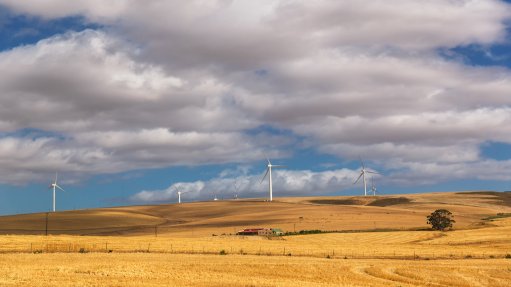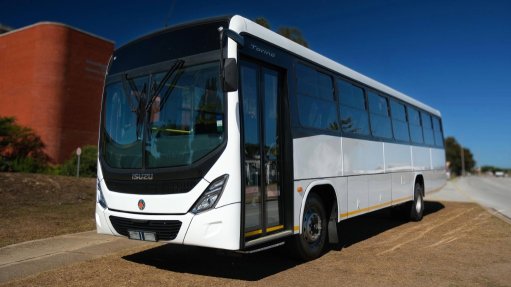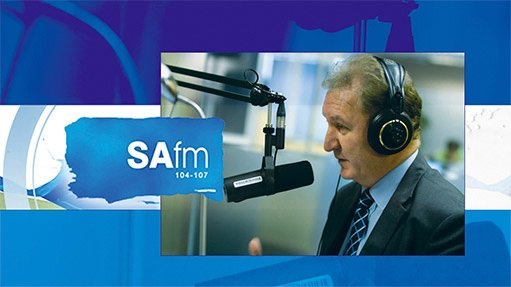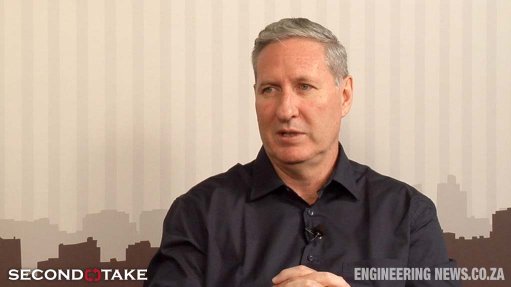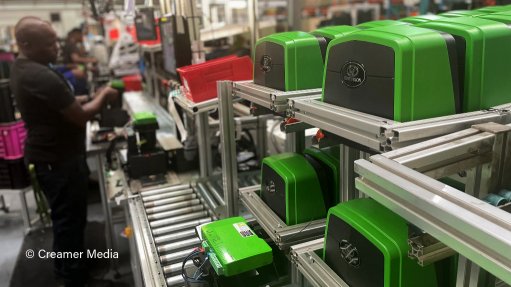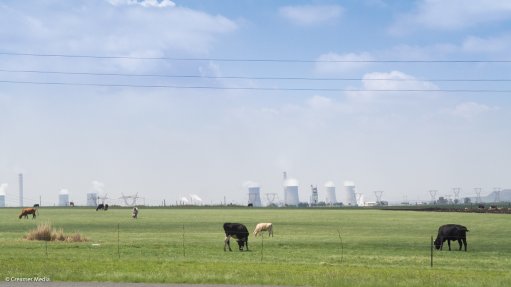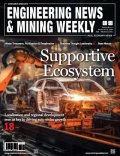Report provides insight, makes recommendations for African Covid-19 response
Lack of information, access to food and water, and money running out were some of the issues identified in an Ipsos survey on potential Covid-19 stay-at-home measures, released on May 5.
The 'Responding to Covid-19 in Africa: Using Data to Find a Balance' report includes first-of-its-kind data about adapting Covid-19 pandemic responses to local needs and capacities in Africa.
Compiled by the Africa Centres for Disease Control and Prevention, the World Health Organisation (WHO), Ipsos, Vital Strategies’ Resolve to Save Lives initiative, the UK Public Health Rapid Support Team, Novetta Mission Analytics and the World Economic Forum, the report provides data and guidance to governments as they move toward a long-term response.
This includes using data to make informed decisions, adapt local measures as the pandemic and public perceptions evolve, and mitigate adverse effects by focusing on protecting the most vulnerable populations.
Speaking during a webcast about the survey’s findings on May 5, Ipsos public affairs CEO Dr Darrell Bricker indicated that the survey covered 20 African countries and 28 cities, with 20 999 people having participated.
The results are representative of the urban adult population, with adults over 18 years of age surveyed.
Bricker noted that the survey was the first of its kind to collect such comprehensive data and so quickly, with it having been completed between March 29 and April 4, and results collated by April 17.
Surveys were done mainly by telephone, which entailed a combination of landline and mobile. However, Ethiopia, Côte d'Ivoire, Cameroon and Mozambique were undertaken face-ot-face, owing to these surveys being done before lockdown measures were enacted in these countries.
Africa Centres for Disease Control and Prevention director John Nkengasong informed that one third, or 32% of respondents to the surveys indicated that they did not have enough information about Covid-19 and how it spreads, and how to protect themselves from it.
Nearly 70% of people said food and water would be a problem if they were required to remain at home for 14 days – and over half would exhaust their money. Also, 44% believed they were at high personal risk for contracting the disease.
Speakers also touched on how organisations can identify potential threats, coordinate responses and effectively communicate new measures during the time of Covid-19. The report is expected to contribute to these efforts, by providing data for policy and decision makers to make informed policies and decisions that manage the disease while protecting people – a human centred approach.
The report recommends measures that should be undertaken now and for a long term response.
It says that while cases remain low, countries must build up their public health capacity to test, trace and isolate cases.
Also, data should be monitored to see how to balance lockdown and other measures between risk and livelihoods.
Communities should also be engaged to ensure that measures are adapted to suit them.
WHO Africa regional director Dr Matshidiso Moeti indicated that to stop the spread of the virus, key public health measures should be in place at every stage of the response, and across all areas, and not merely be limited to capital cities.
She indicated that over the past few months, countries on the continent had been increasing their capacity, beginning in capital cities, in terms of healthcare, training, testing, case management, resources, etc.
The organisation is now working with governments and partners to decentralise these initiatives to ensure that they reach all areas. She noted that the report will be used to strengthen the organisation’s policy and guidance to governments, highlight it as “an excellent contribution to supporting our collaborative response to Covid-19”.
Resolve to Save Lives president and CEO Dr Tom Frieden indicated that three factors would be important to consider when attempting to find the balance in Africa.
First, there is the age factor, with fewer elders, and therefore, less risk of worsened spread and death among the elderly. However, there is risk of other vulnerable people, and a lack of information about who is most at risk.
Secondly, the continent has limited safety nets to survive, thrive and flourish during a lockdown period, compared to other countries in the world.
Thirdly, the continent had a scarcity of healthcare workers before Covid-19, and critical steps needs to be taken to ensure that the sector can cope.
Article Enquiry
Email Article
Save Article
Feedback
To advertise email advertising@creamermedia.co.za or click here
Comments
Press Office
Announcements
What's On
Subscribe to improve your user experience...
Option 1 (equivalent of R125 a month):
Receive a weekly copy of Creamer Media's Engineering News & Mining Weekly magazine
(print copy for those in South Africa and e-magazine for those outside of South Africa)
Receive daily email newsletters
Access to full search results
Access archive of magazine back copies
Access to Projects in Progress
Access to ONE Research Report of your choice in PDF format
Option 2 (equivalent of R375 a month):
All benefits from Option 1
PLUS
Access to Creamer Media's Research Channel Africa for ALL Research Reports, in PDF format, on various industrial and mining sectors
including Electricity; Water; Energy Transition; Hydrogen; Roads, Rail and Ports; Coal; Gold; Platinum; Battery Metals; etc.
Already a subscriber?
Forgotten your password?
Receive weekly copy of Creamer Media's Engineering News & Mining Weekly magazine (print copy for those in South Africa and e-magazine for those outside of South Africa)
➕
Recieve daily email newsletters
➕
Access to full search results
➕
Access archive of magazine back copies
➕
Access to Projects in Progress
➕
Access to ONE Research Report of your choice in PDF format
RESEARCH CHANNEL AFRICA
R4500 (equivalent of R375 a month)
SUBSCRIBEAll benefits from Option 1
➕
Access to Creamer Media's Research Channel Africa for ALL Research Reports on various industrial and mining sectors, in PDF format, including on:
Electricity
➕
Water
➕
Energy Transition
➕
Hydrogen
➕
Roads, Rail and Ports
➕
Coal
➕
Gold
➕
Platinum
➕
Battery Metals
➕
etc.
Receive all benefits from Option 1 or Option 2 delivered to numerous people at your company
➕
Multiple User names and Passwords for simultaneous log-ins
➕
Intranet integration access to all in your organisation






